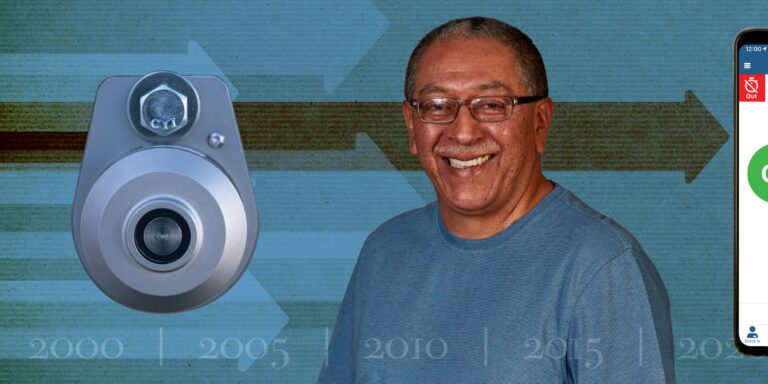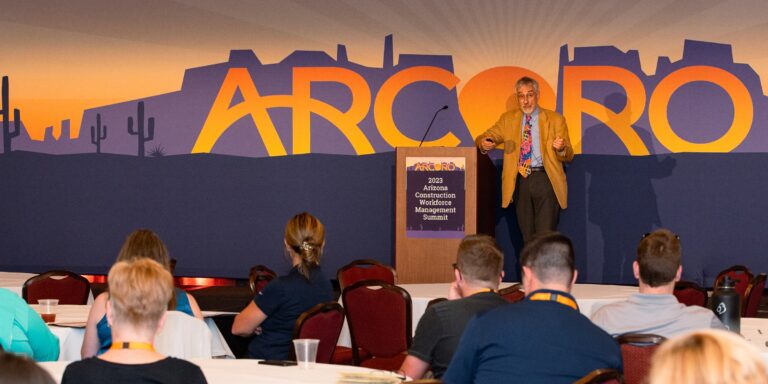Bad work ethic. No loyalty. Entitlement issues. Millennials often get labeled with these stereotypes, none of which are based on facts. According to the Society for Human Resource Management, when it comes to job satisfaction Millennials are no different from any other generation; they want to do a good job, have job security and be able to grow their career.
The only differences between Millennials and other generations is the amount of emphasis they put on company culture, work/life balance and opportunities for advancement.
For a Millennial, these values are more important than money and should not be ignored. And since Baby Boomers are currently leaving the workforce in droves, your biggest employee base is Millennials. Take steps to create a workplace where they can thrive.
Nurture a Positive Company Culture
Millennials put a lot of value on working for a company with a positive culture. They desire personal growth and the ability to take on added responsibilities. According to Forbes, companies can take advantage of this by creating opportunities and challenges for existing roles that come with perks and/or compensation.
A great company culture also consists of clear expectations, positive feedback, communication between all levels of employees and supportive, engaged employees. Wondering if your company’s culture hits the mark? Take our quiz to see how you fare.
{{cta(‘d7b163b9-6b1f-4332-9a1b-177f3fadee14’)}}
Effectively Manage Millennial Talent
Professional development drives Millennials and they expect the companies they work for to provide them opportunities to learn and grow, according to Gallup. Offering a robust development path for employees not only makes Millennials happy, it makes every generation of workers happy. By offering both on-the-job skill building and the ability to attend off-site workshops and conferences, your employees feel engaged and valued. Take it a step further and make sure managers are coaching Millennials on their performance and value, not just bossing them around.
This is where career succession planning can make all the difference. This tool not only helps managers monitor performance but also understand where any talent gaps exist, providing options to develop current employees’ skill and expertise. An effective talent management strategy will not only engage the Millennials that are continually entering the workforce, but engage the next generation of workers.
With more than 56 million in the U.S. labor force, Millennials should be seriously recruited and retained.
We can help. Learn more about the BirdDogHR Talent Management solution or download a free copy of 4 Epic Strategies for Recruiting a Millennial Workforce whitepaper.




